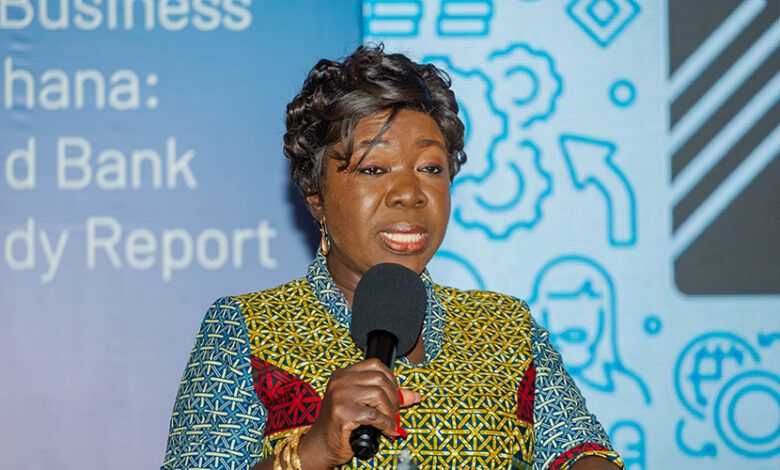The recent appreciation of the Ghanaian cedi against major international currencies has sparked a wave of optimism among consumers and policymakers alike, promising potential relief from the persistent burden of high prices for goods and services. The Minister of Trade, Industry, and Agribusiness, Elizabeth Ofosu Adjare, convened a meeting with key stakeholders, including the Association of Ghana Industries (AGI) and the Ghana Union of Traders’ Association (GUTA), to discuss strategies for translating the cedi’s strengthening into tangible benefits for the Ghanaian populace. Both AGI and GUTA offered assurances that prices would indeed decrease within the next two months, signaling a positive outlook for the cost of living in the country.
The meeting served as a platform for constructive dialogue and a collaborative effort to address the issue of high prices. Minister Ofosu Adjare reported that direct importers, a crucial link in the supply chain, have already begun adjusting their prices downwards in response to the cedi’s improved performance. This initial response provides a tangible indication of the potential for broader price reductions across the market. The Minister acknowledged that the transmission of these reduced import costs to consumer prices would take some time, as existing stock needs to be cleared. However, she emphasized the commitment of both importers and retailers to gradually adjust prices downwards as new stock, procured at lower cost due to the cedi’s appreciation, enters the market.
The anticipated timeline for this price reduction process is approximately 60 days, allowing for the gradual integration of lower-priced goods into the retail landscape. This phased approach is designed to ensure a smoother transition and avoid disruptive market fluctuations. The Minister expressed confidence that as older, higher-priced inventory clears and is replaced with new stock purchased at the more favorable exchange rate, the full impact of the cedi’s appreciation will be reflected in consumer prices. This projected timeline offers a beacon of hope for consumers facing the pressures of inflated living costs.
The government’s role in this process has been to foster a stable and conducive economic environment for businesses to operate, a factor contributing to the cedi’s recent strengthening. Minister Ofosu Adjare emphasized the government’s commitment to creating such an enabling environment, viewing it as a crucial prerequisite for economic growth and stability. While acknowledging that the government cannot directly dictate prices, she stressed the importance of ongoing engagement with industry players. This collaborative approach seeks to encourage businesses to pass on the benefits of the improved economic conditions to consumers, thereby alleviating the burden of high prices and fostering a more affordable cost of living for the Ghanaian population.
This collaborative effort between government and industry stakeholders represents a concerted effort to address the cost of living crisis and ensure that the benefits of economic improvements are shared across the board. The government’s focus on creating a stable business environment and the willingness of industry players to adjust prices in response to favorable economic conditions demonstrate a shared commitment to improving the economic well-being of Ghanaian citizens. The anticipated price reductions promise a tangible and much-needed reprieve for consumers grappling with the challenges of high living costs.
The positive developments surrounding the cedi’s appreciation and the subsequent commitment to price reductions underscore the interconnectedness of economic policy, business operations, and consumer welfare. The collaborative approach adopted by the government and industry stakeholders reflects a shared understanding of the importance of working together to address economic challenges and ensure that the benefits of economic progress are translated into tangible improvements in the lives of ordinary citizens. The projected price reductions are not only a positive indicator for the Ghanaian economy but also a testament to the potential of collaborative efforts to address critical issues affecting the well-being of the population.


